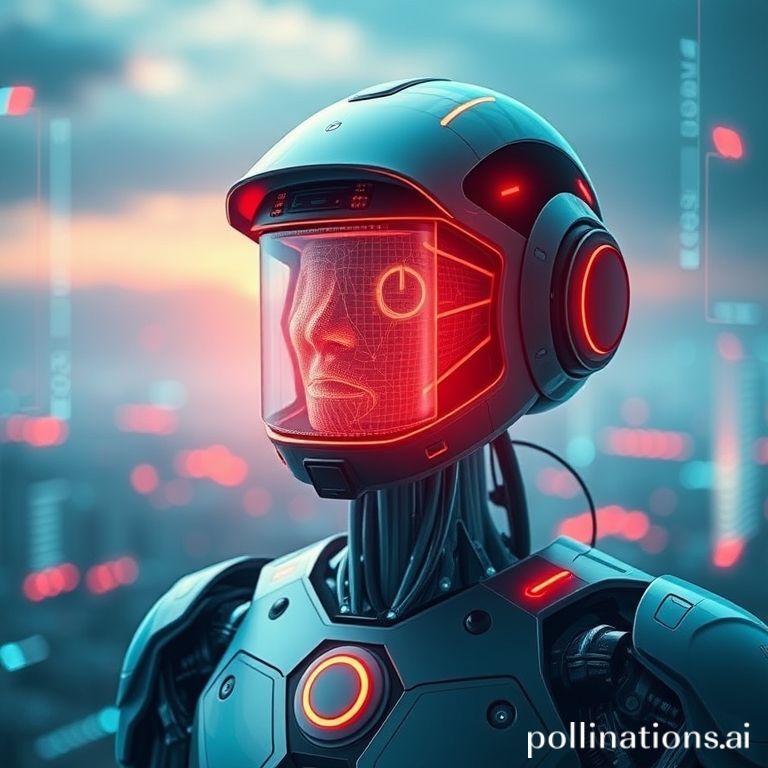
Remember when AI felt like something out of a science fiction movie? Today, it’s not only real but subtly (and sometimes overtly) orchestrating many aspects of our daily existence. From the moment your alarm rings, set by a voice assistant, to the personalized recommendations that greet you on your streaming service, Artificial Intelligence is rapidly transitioning from a futuristic concept to an indispensable part of our modern world.
**Smart Homes & Personal Assistants**
The most visible face of AI in our homes comes in the form of smart assistants like Amazon’s Alexa, Google Assistant, and Apple’s Siri. Beyond playing music or setting timers, these intelligent interfaces are becoming central command centers for our smart homes. They learn our routines, optimize energy consumption by adjusting thermostats, and even preemptively order groceries. The goal? To create environments that are not just connected, but intuitively responsive to our needs, making daily chores simpler and living more comfortable.
**Healthcare Revolution**
AI’s impact on healthcare is nothing short of transformative. It’s revolutionizing diagnostics, helping doctors identify diseases like cancer with greater accuracy and earlier than ever before. In drug discovery, AI algorithms can sift through vast datasets of compounds, drastically accelerating the development of new treatments. Personalized medicine, tailored to an individual’s genetic makeup and lifestyle, is becoming a reality, offering more effective and less invasive interventions. Even remote patient monitoring is benefiting, with AI-powered wearables tracking vital signs and alerting caregivers to potential issues before they become critical.
**Transforming Work & Productivity**
The workplace is another arena where AI is making significant inroads. Far from just replacing jobs, AI is augmenting human capabilities, automating repetitive and data-intensive tasks. This frees up human workers to focus on creativity, critical thinking, and complex problem-solving. From intelligent chatbots handling customer service queries to AI-powered analytics tools providing unprecedented insights into market trends, AI is reshaping job roles, enhancing productivity, and fostering new avenues for innovation across industries.
**Transportation & Smart Cities**
Beyond our homes and workplaces, AI is steering the future of urban living. Self-driving vehicles, powered by sophisticated AI algorithms, promise safer roads and more efficient commutes. In smart cities, AI-driven traffic management systems analyze real-time data to optimize flow, reduce congestion, and cut down on emissions. Urban planning is also benefiting, with AI helping to design more sustainable and responsive infrastructure that can adapt to the needs of its inhabitants.
**Challenges & Ethical Considerations**
While the benefits are clear, the proliferation of AI also brings crucial challenges. Concerns around data privacy, algorithmic bias, and the ethical implications of autonomous systems are paramount. Ensuring AI is developed and deployed responsibly, with transparency and accountability, is essential to harness its potential for good while mitigating its risks. The conversation isn’t just about ‘can we do it,’ but ‘should we do it,’ and ‘how can we do it ethically?’
**Conclusion**
Artificial Intelligence is not a distant future; it’s the present, continuously evolving and integrating into the fabric of our lives. Its potential to enhance efficiency, convenience, and human well-being is immense. As we navigate this AI-powered future, a balanced approach – embracing innovation while upholding ethical considerations – will be key to unlocking a tomorrow that is not just smarter, but truly better for everyone.
